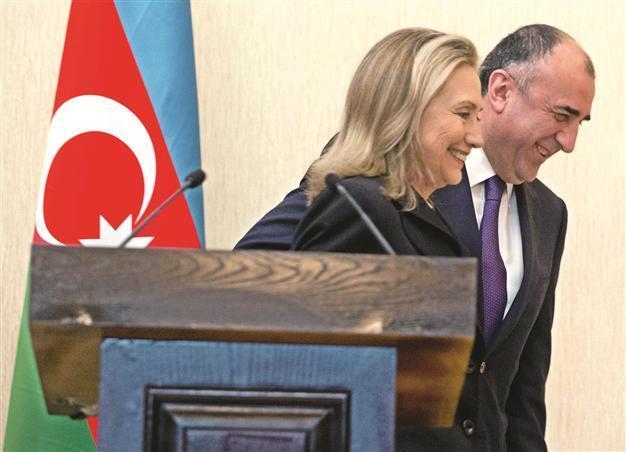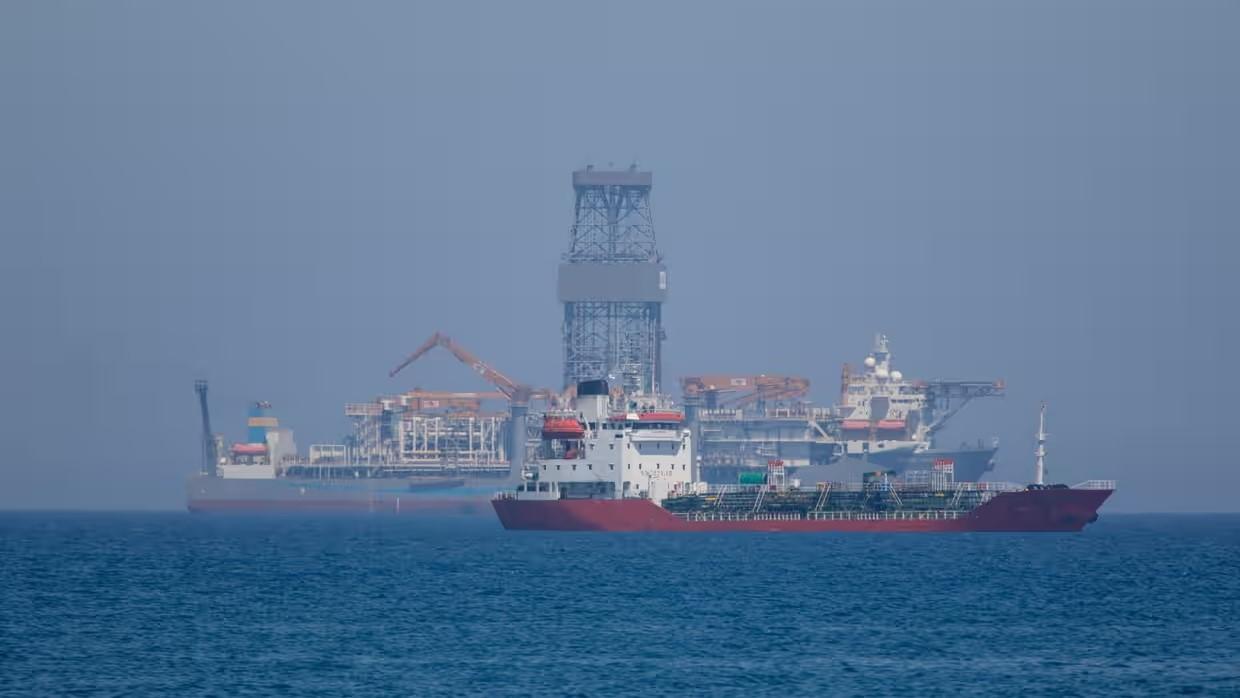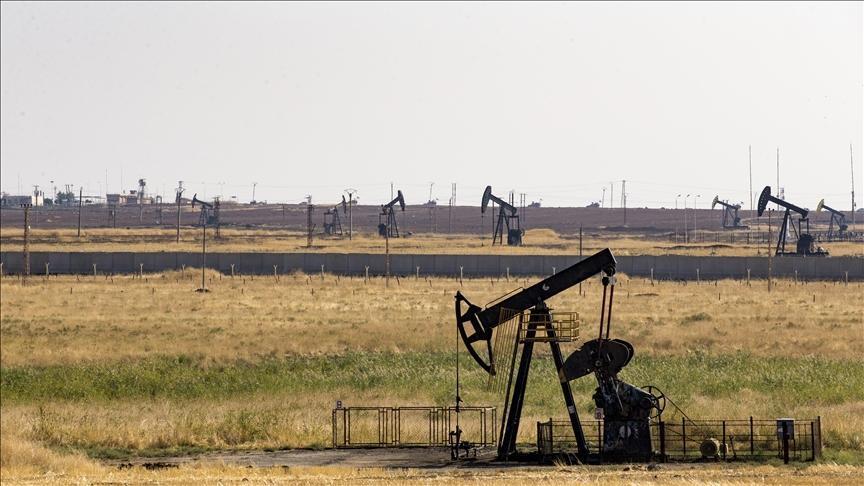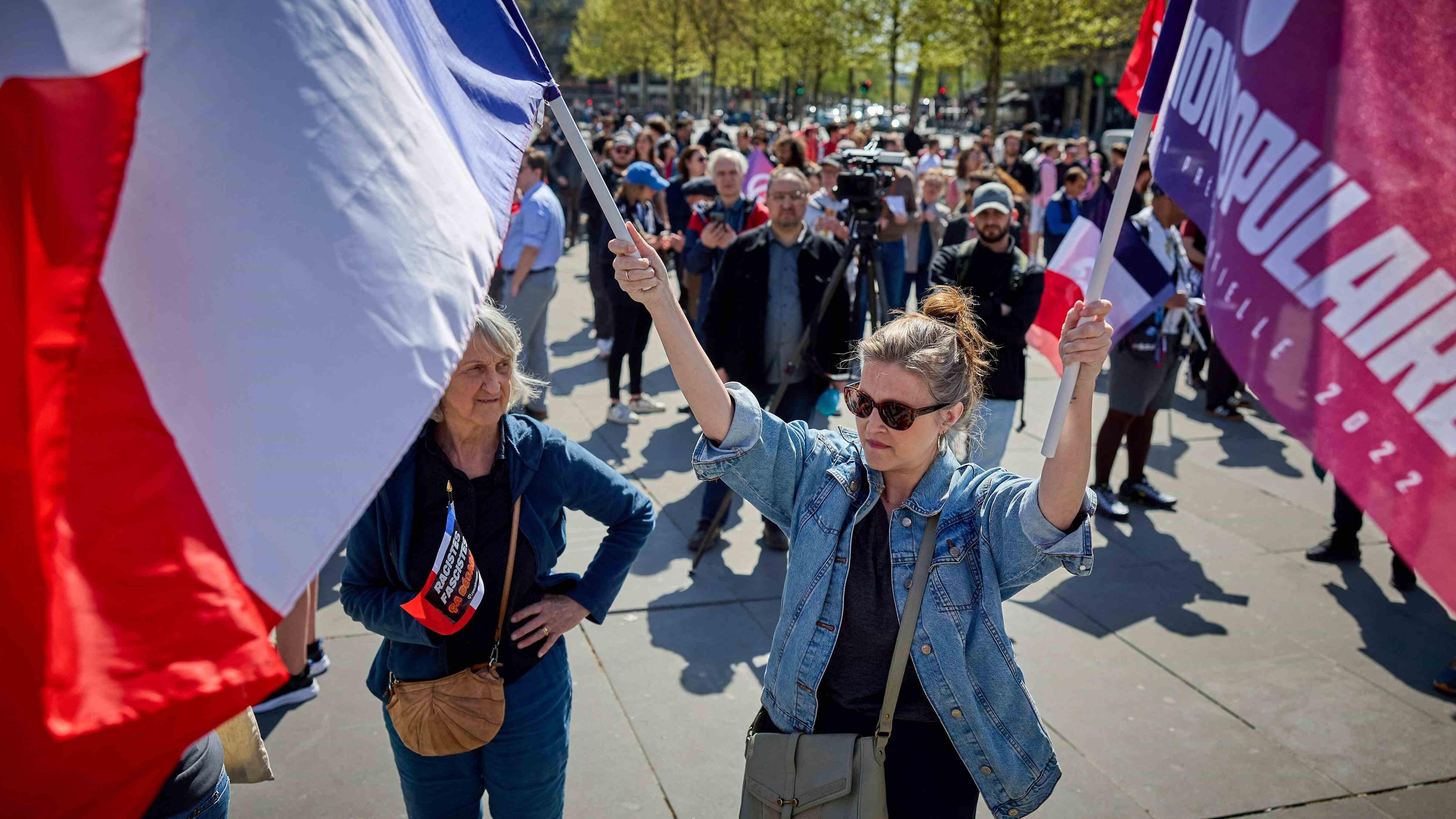Russia resists amid new Syria sanctions
ANKARA - Hürriyet Daily News

Azeri Foreign Minister Mammadyarov (back L) and his US counterpart Clinton leave after a press conference in Baku. Syria’s al-Assad fails to bring peace, Clinton says. AFP photo
Representatives from major Western and Arab powers have convened in Istanbul to discuss tightening sanctions and increasing pressure for a regime change in Syria, amid a last-ditch Russian-Chinese effort to call for an international conference that would also include Iran.“[The] Istanbul meeting will discuss essential elements of a democratic strategy for Syria,” U.S. Secretary of State Hillary Clinton told reporters in Baku, before arriving in Istanbul late Wednesday.
Foreign Minister Ahmet Davutoğlu, foreign ministers from Qatar, Italy, Jordan, Germany, Egypt, Morocco, France, the United Arab Emirates, Saudi Arabia, the United Kingdom, Tunisia, Spain and Kuwait, and EU’s foreign policy chief Catherine Ashton were set to attend the working dinner with Clinton. Davutoğlu was also expected to hold a bilateral meeting with French Foreign Minister Laurent Fabius when the Hürriyet Daily News went to press late yesterday.
The meeting came after the Houla massacre by Syrian security forces last month, which left more than 100 civilians dead and sparked international outrage against the al-Assad regime. Western and Arab countries wanted to meet while they were scheduled to get together in Istanbul for the global counter-terrorism meeting slated for June 7, to exchange views and discuss future steps to be taken against Damascus, a Turkish diplomatic source told the Daily News on Wednesday.
“It is time for all of us to turn our attention to an orderly transition of power in Syria that paves the way for a democratic, tolerant, pluralistic future. It’s clear that President al-Assad cannot and has failed to bring peace, stability or positive change to the Syrian people, and in fact has worked against all three,” Clinton said before boarding the plane in Baku.
Only hours before the announcement of the Istanbul meeting, Russia and China, which have both vetoed U.N. Security Council resolutions on Syria, called for an international conference to discuss ways to push special envoy Kofi Annan’s peace plan for the conflict-torn country forward.
Russia calls for a conference
“We confirmed that we will coordinate our actions on Syria, and that the main thing right now is to carry out Annan’s plan and the [U.N.] Security Council resolution,” Russian Foreign Minister Sergei Lavrov said after talks with Chinese leaders in Beijing.
“We think it is necessary to call a meeting of countries that truly have an influence on various opposition groups,” he added, citing the five permanent members of the U.N. Security Council, the Arab League, the European Union, Turkey and Iran.
But Iran’s inclusion at the table is unlikely to garner a positive response from the West. Clinton openly said “It is a little hard to imagine inviting a country that is stage-managing the al-Assad regime’s assault on its people.”
Pulling Russia to the table
Though there was not an official invitation extended to Turkey from Russia, the Turkish diplomat said “Turkey would join any meeting concerning Syria.”
According to the diplomat, the main reason for pushing Russia to change its policy regarding Syria was the fact that it has, as a result of its stance on Syria, become isolated from the international community. As an important member of the international community in both the G-8 and G-20, Russian officials have started to feel they are losing ground in a global context when it comes to Syria and the Middle East.
Although Russia’s call was not endorsed, its willingness to sit at the table over Syria will surely earn a response from Western powers. While London proposed Russian inclusion under the G-20 mechanism, some other countries offered the establishment of a contact group, different from the Friends of Syria group, with the participation of the five permanent members of the U.N. Security Council, plus the EU, the Arab League, Qatar, Saudi Arabia, and Turkey among others.
















